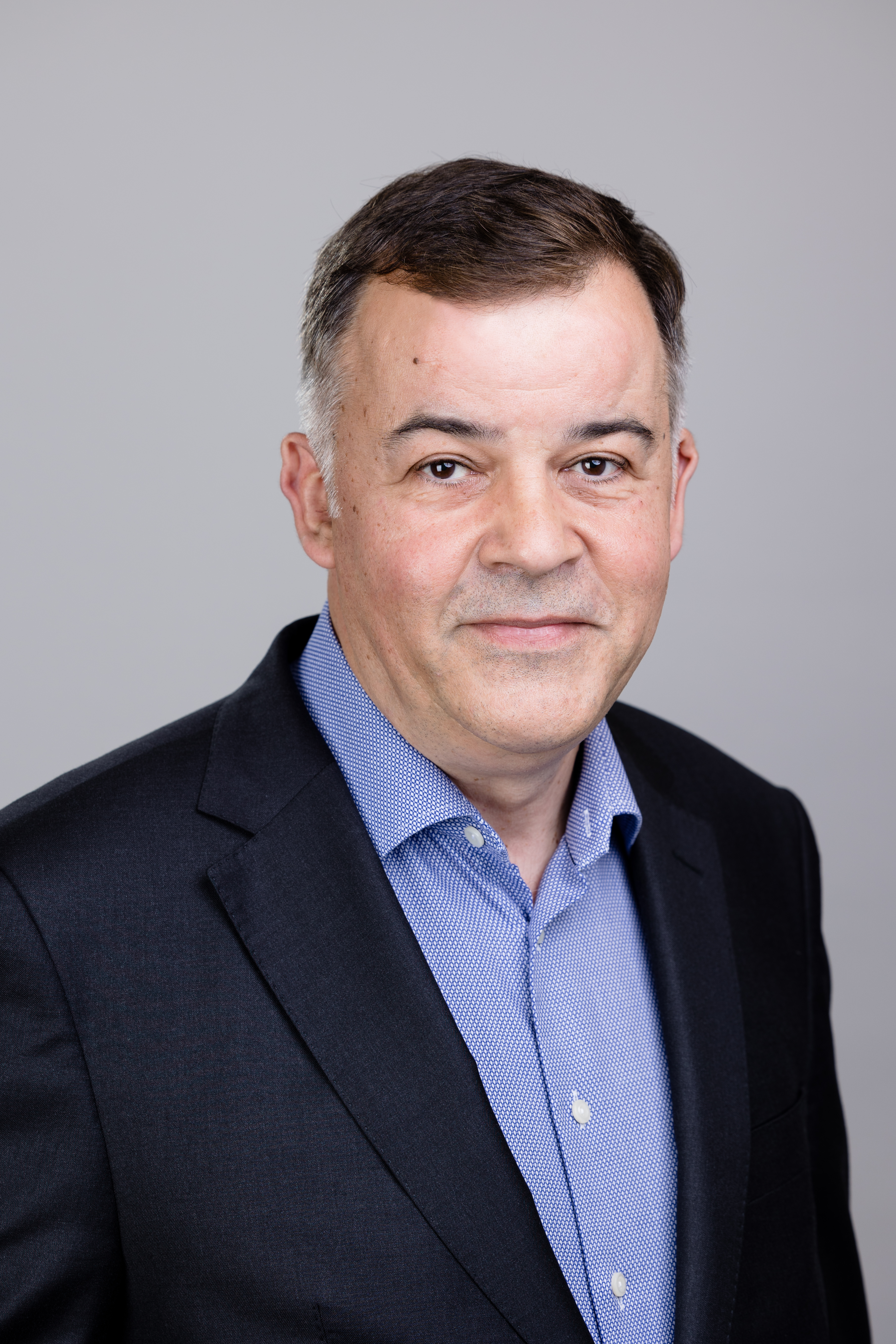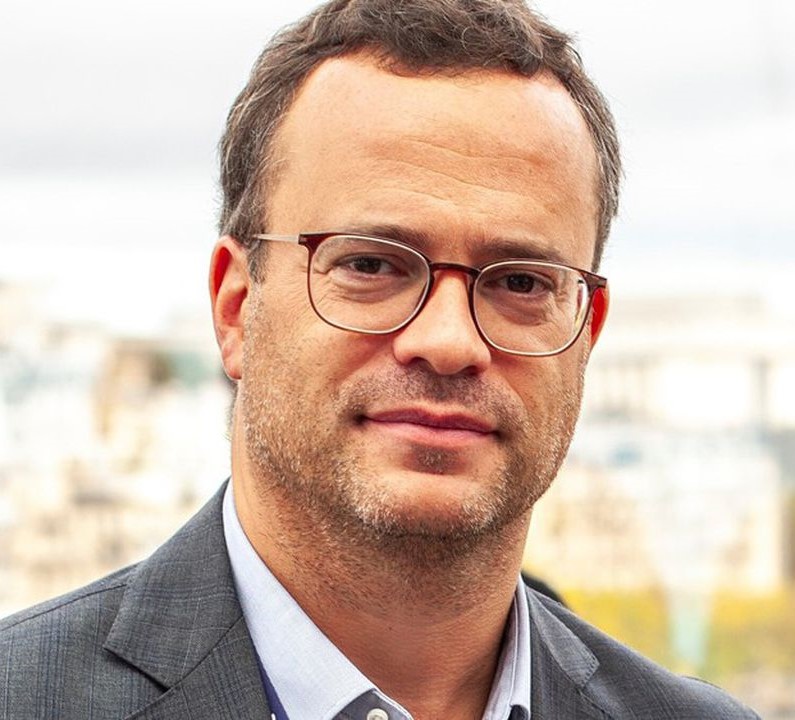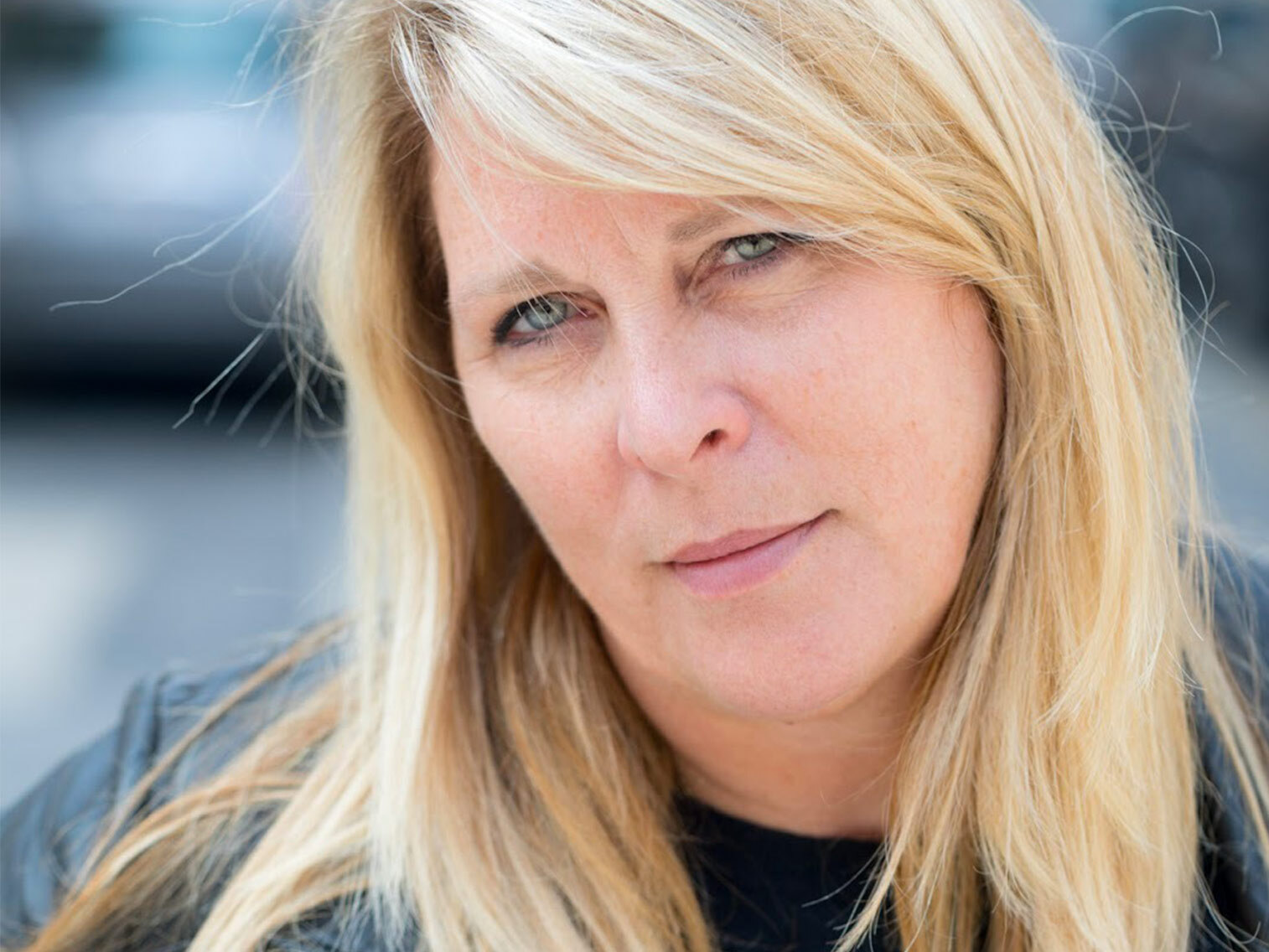3 questions to Florent Pietot - co-founder of Nibble.ai

Florent Piétot is a cofounder of nibble.ai. He is also the creator and co-organizer of MLOps Community Paris. He has previous experience in entrepreneurship, marketing, product, product design, and data science. He has been involved in data science and AI since 2016, always focusing on improving practices.
Why is MLOps more and more present and used today? What kind of problems does it solve?
The rise of MLOps shows the increase of awareness by both individuals and organizations of the complexities involved in operationalizing AI models.
MLOps went from an obscure neologism in 2019 to somewhat of a buzzword nowadays. But, like any buzzword, the risk for organizations is to misunderstand its essence and adopt a cargo cult mentality towards it.
DevOps was an extension of the Agile philosophy, extending beyond simply the code but the whole process of deploying the code. To that effect, DevOps emphasized what matters most: collaboration. Similarly, efficient teamwork is essential for operationalizing ML models.
Whereas DevOps focuses on one silo: the chasm between dev and ops, MLOps is concerned with more numerous silos. ML is both experimental and iterative by its very nature, both in the research and production phases. On top of this, DevOps deals primarily with one artifact, code, whereas MLOps deals with code, data, and models. Those factors have broad organizational consequences and illustrate why MLOps isn't simply DevOps applied to ML.
As an example, a given product feature might be prone to lower model performances on specific data slices: what product design do you implement to alleviate potential risks? This, like others, is a particularly challenging problem that will require iterative collaboration with many stakeholders.
The complexities of our fields are also amplified by the shroud of mysticism still surrounding AI technology. Clickbaity news titles about AI research advancement and sixty years of sci-fi pop culture have induced collective disbelief towards the technology, far from its realities.
Despite this, organizations are beginning to catch up with those technologies' involved complexity and economic realities. The upsides can be tremendous, but the associated costs are often misjudged. MLOps is an ecosystemic answer to those complexities. It represents a cultural shift for your whole organization. A holistic approach, combined with passionate MLOps advocates, will move your culture forward, allowing you to work on the right projects, define the right processes and pick the right tools to increase and amplify deep collaboration, which, in turn, will enable your organization to reap the full benefits of AI in production.
What is nibble.ai's mission? Which tools are used, in which industry and for which results?
My cofounder and I started working together five years ago with solid intuitions that data science in production was broken. We are product people, so we obviously had product ideas for the space. However, our many customer interviews convinced us that the market lacked maturity. As entrepreneurs and product people, our core focus is on helping customers solve problems, not building products for the sake of it. So we rolled up our sleeves and entered the field, offering consulting services and launching MLOps events in Paris (we've since partnered with the global MLOps Community initiative).
We work with clients in multiple fields, such as industry, retail, and e-commerce, covering both strategic consulting and more hands-on services. We believe this mix is critical for such a nascent field.
We adjust our offering depending on the client's organization, size, and maturity level. Ranging from a company just starting and no internal resources to a Fortune 500 with massive strategic projects already launched. For a company just getting started, we can help them define business cases and a stratified strategy to unlock value at each step. For a more prominent company with projects already rolling and internal resources, we help them drive organizational change by acting as MLOps advocates, putting reliable processes in place, helping them assess their MLOps maturity and prioritize their efforts accordingly, and providing hands-on technical expertise combined with coaching.
We're acting very much like a collective; instead of staffing someone with a fixed set of skills for a specific time set, we staff teams of multi-disciplinary and complementary people. This approach allows us to be hyper-reactive to constantly changing business needs. In addition, since last year, we've embraced the collective models even more by integrating independent freelancers into our squads, allowing us to cover a broader range of expertise, particularly adjacent areas such as Analytics Engineering.
Working with entrepreneurially-minded people, talented at their craft and able to drive cultural change, provides tremendous leverage for our client to set out on a successful track. As a result, we are witnessing increased MLOps maturity: better control over model lifecycle management, reduction in modeling errors through better code management and tooling to improve model validation, and improved performances. Overall much better collaboration with multi-disciplinary teams resulting in better products and more value generated. Since last year, we also started commercializing a Feature Plaform to a few selected clients.
What do you think will be the next revolution in AI and data science?
What genuinely matters is adoption. Although we've seen tremendous progress in the past four years (beyond the age of lining up Proof-of-Concept over shelves), we are still at the beginning of this revolution.
As said by Renaud Allioux (Preligens' Cofounder and Chief Innovation Officer) during the last edition of our MLOps Community event in Paris: the hard thing is still production.
Beyond new problems of scale and hardware limitations, we will also see a return of more focus on modeling. Historically, our movement started by looking outwards: by realizing models and their code were just a single fraction of real-world ML systems, as a small black box in the middle of the vast and complex surrounding infrastructure. That was a time when most of us were laser-focused on running crazy experiments that would never reach production. Nowadays, considering the much-increased awareness of the complexity of said real-world ML systems, it would be wise to put back a little more focus on the models themselves. They are the "raison d'être" of everything else around, and even in the case of foundation models, for example, custom fine-tuning is often required and poses the same risks as other models over ethical concerns such as fairness, transparency, and explainability. In 2023 and for the foreseeable future, there is still no magic trick.
As such, with organizational and ecosystemic maturity increasing, we are revisiting the idea of a good model, much beyond simply optimizing a scalar value in a notebook. The production constraints ultimately challenge the intrinsic qualities of models. In such a context, these range over auditability, explainability, observability & monitoring, easy access to qualitative, freshly updated features and embeddings, and much more. To face these challenges, organizations with the right level of MLOps maturity will start looking for processes and tools to solve these.


